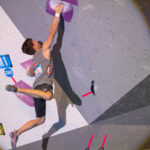
Olympic Sport Climbing: Everything You Need To Know Before Watching
If the world hadn’t been knocked off its rocker by the horrors of the COVID-19 pandemic last year, we would’ve had the 2020 Olympics when we were supposed to, but we weren’t that lucky. The 2020 Tokyo Olympics have become the 2021 Olympics. A year postponed is a small price to pay for the level of safety vaccination applies, so we’ll take it. Plus, anytime is better than no time to have teams from all over the world work their metaphorical butts off to compete at the highest levels of athletics. And, this year has some pretty awesome games.
One of probably the coolest, and the newest, sports to be included in this competition is the sport climb. Rock walls have been going up all over the place as climbing has increased in popularity, so why shouldn’t it make a splash in the upper echelons of athletics? It’s hard, it’s the perfect blend of safety and thrill, and, of course, it takes more skill than most gym rats are willing to develop. And with sport climbing making it all the way to the Olympics, fans of this international competition want to know what the Olympic version of this event will be like. So, we’re here to tell you. Here’s everything you need to know before watching Olympic sport climbing.
2021 is the sport's first year in the Olympics
It looks like the world has been building to the inclusion of sport climbing in the Olympic Games for a while now. According to 99 Boulders, nearly four times as many new indoor climbing gyms popped up in 2017 than in 2009, and that growth seems to be consistent. If that’s not enough, the average rate of growth for the indoor climbing industry was almost 40% higher than that of other gyms and health clubs from 2012 to 2017. Basically, indoor climbing has become one of the next big things, and the International Olympic Committee must’ve recognized it as such since they included sport climbing in the 2021 Tokyo Olympics for the first time ever.
The success of the sport has been seen in other major competitions as well, not just at the local bouldering gym. Most of these, the biggest of the biggest anyhow, are put on by the International Federation of Sport Climbing, including the climbing world cup. As Outside points out, the IFSC World Championships actually served as a qualifying event for the upcoming Olympics, which should tell you how big of a deal the IFSC is in the climbing world.
The three disciplines
The sport climbing event at the 2021 Olympic Games will be broken down into three disciplines: speed climbing, bouldering, and lead.
According to the official Olympics website, speed climbing consists of two athletes racing up identical courses, side-by-side. The walls they climb are short, about 15 meters tall, are angled at around 95 degrees, and have identical holds. You’ll want to watch this event closely as each run is typically completed in seconds.
The next sport climbing event is bouldering, and it’s more of what you think of when you imagine a rock wall at your local gym. Bouldering walls are pretty short, but they’re climbed similar to regular climbing walls, minus the rope. Climbers navigate these walls and all obstacles they present horizontally over minutes with no previous exposure to the course.
The final event is the lead. In lead climbing, the rope is attached to a device that draws it up while the athlete ascends. The goal is to get as high as you can on the course within a six-minute time frame. At the Olympic level, all of the athletes competing should be able to reach the top, so the real goal is getting there faster than everyone else.
Points and scoring in sport climbing
The three disciplines in the 2021 Tokyo Olympic sport climbing competition aren’t considered separate sports. Instead, as the Colorado Sun explains, all three events are separate basically runs of the same competition. That means each climber will compete in all three events.
The scores will be based on how they place in each of the events. So, all athletes will be racing to smash the speed event, clobber the bouldering portion, and reach the highest point of the lead wall in the shortest amount of time. The calculation that determines total placement in the competition is rather simple. The three placement scores are multiplied by each other to determine the final. The lowest score takes the cake. Here’s an example: If a climber places first in all three events, their final placement would be 1x1x1=1. That’s a guaranteed first-place score, but it’s unlikely to happen. If the climber placed second in speed, fourth in bouldering, and eighth in lead their score would be 2x4x8=64. However, that 64 sits among the other total scores will determine the final placement. It’s simple, but math is hard, so don’t be discouraged if you need to read that a couple of times for it to lock in.
Sport climbing differs from traditional climbing
Traditional rock climbing and sport climbing aren’t exactly the same thing. Many athletes that participate in one often participate in the other, but there are plenty of differences to separate the two, according to Outdoor Revival.
To begin with, traditional climbing is performed on actual rocks, outside, in the real world. Whereas, sport climbing is typically performed on different artificial climbing walls dependent on the discipline. Sport climbing is also faster than traditional rock climbing. Where sport climbers are famous for their quick and powerful moves, traditional climbers progress slowly up their walls, focusing on safety rather than speed. The gear and climbing setups used in the two sports are a big part of that. Traditional climbing involves carrying your gear up the rock and placing your own climbing devices in the rock wall as you go. Safety has to be a priority since there’s usually no top rope to keep you in the air and no pad to land on if you come crashing down.
Sport routes are all predesigned and set up so the climber doesn’t have to do any of the initial navigating through a rock face, or it’s done in a gym. This removes a sense of danger and makes the whole sport of rock climbing competition-friendly.
It's expected to stay in the Olympics
Not all sports are going to have the honor of continuing in further Olympic games. Granted, what sports are included in which games are determined on an Olympics-by-Olympics basis. That being said, not all of the sports appearing in the 2021 games will be included in the following 2024 Paris games. But do you know which event will be? You guessed it; sport climbing.
The International Olympics Committee decides when new sports are added to the games, and this year, there’ll be four of them: karate, skateboarding (thank you, X Games), surfing, and sport climbing, as noted by USA Today. On top of it, baseball and softball are both returning to the international competition after being cut from the games some years back. You want more? Oh, there’s more. New events are also being added in existing sports this year, such as three-on-three basketball and coed relays. And there’s at least one other new sport scheduled for the 2024 Paris Games as well.
The 2024 Olympics will feature breakdancing … as a sport, and the competition will also keep sport climbing, surfing, and skateboarding, but if you look on the Paris Games website, you’ll see that one sport is missing from the list. Poor old karate got its cut, appearing only once in the history of Olympic competition. But hey, at least climbing seems to be sticking for the long haul.
70 thoughts on “Olympic Sport Climbing: Everything You Need To Know Before Watching”
Leave a Reply
You must be logged in to post a comment.

A Total Knockout: The Life of Ronda Rousey

What Life Would Be Like If Dinosaurs Never Went Extinct

The Dark Truth Behind The Time Princess Beatrice Dated A Convict
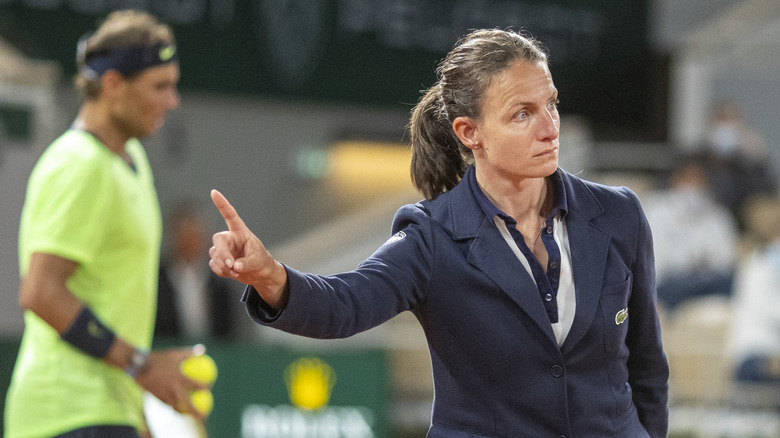
The Reason Wimbledon Umpires Learn Other Languages Isn't What You Think
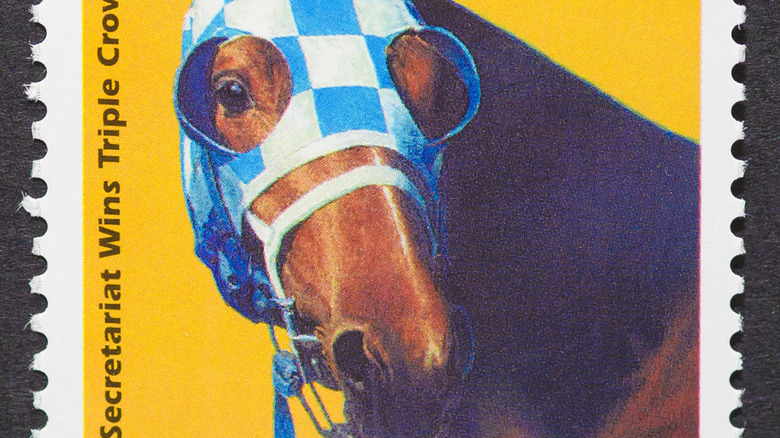
The Tragic Death Of Secretariat
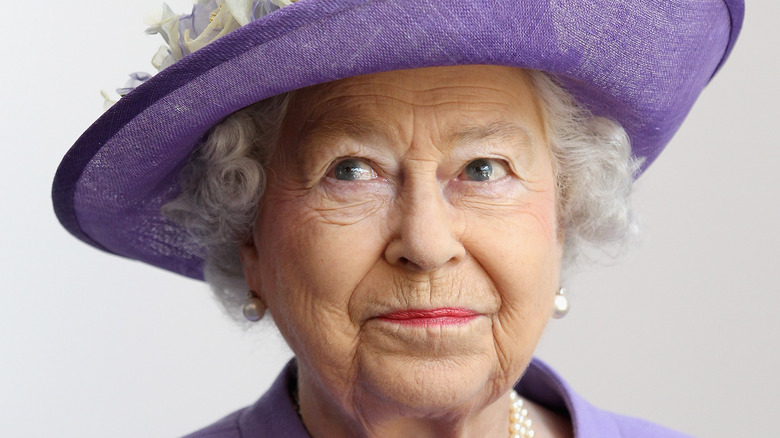
Here's How Much The Royal Family's Master Of The Household Makes
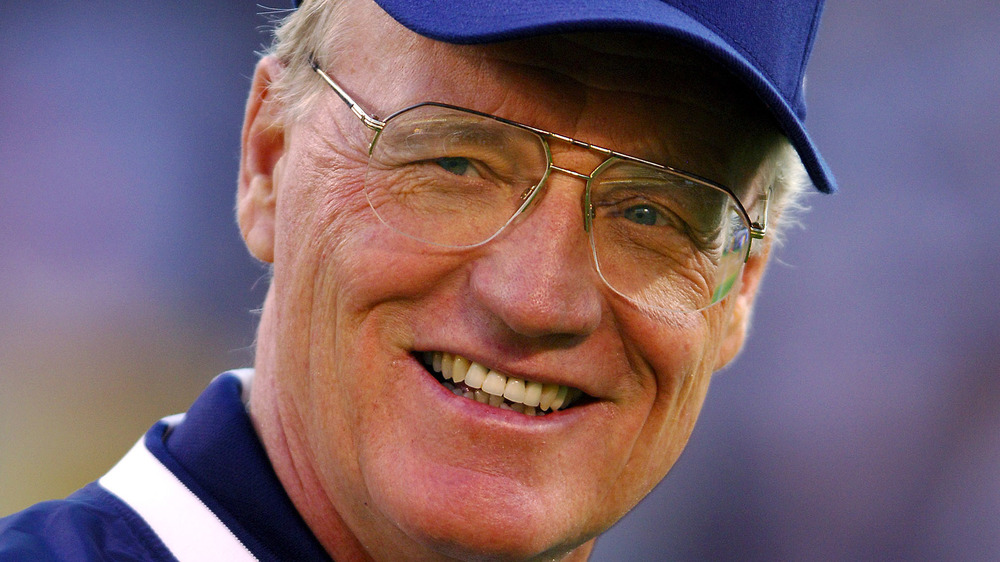
The Heartbreaking Death Of NFL Coach Marty Schottenheimer
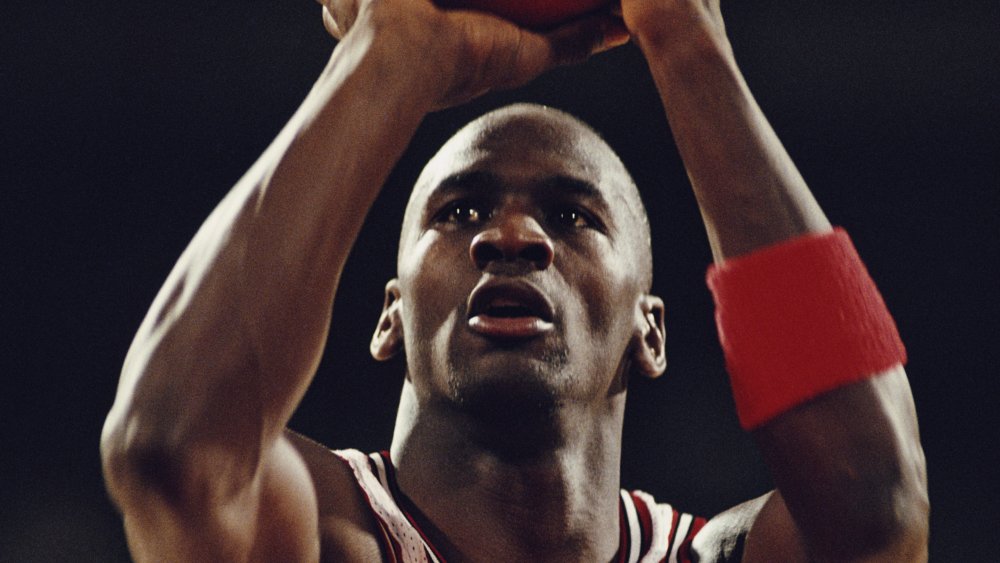
The Real Reason Michael Jordan Didn't Want To Sign With Nike
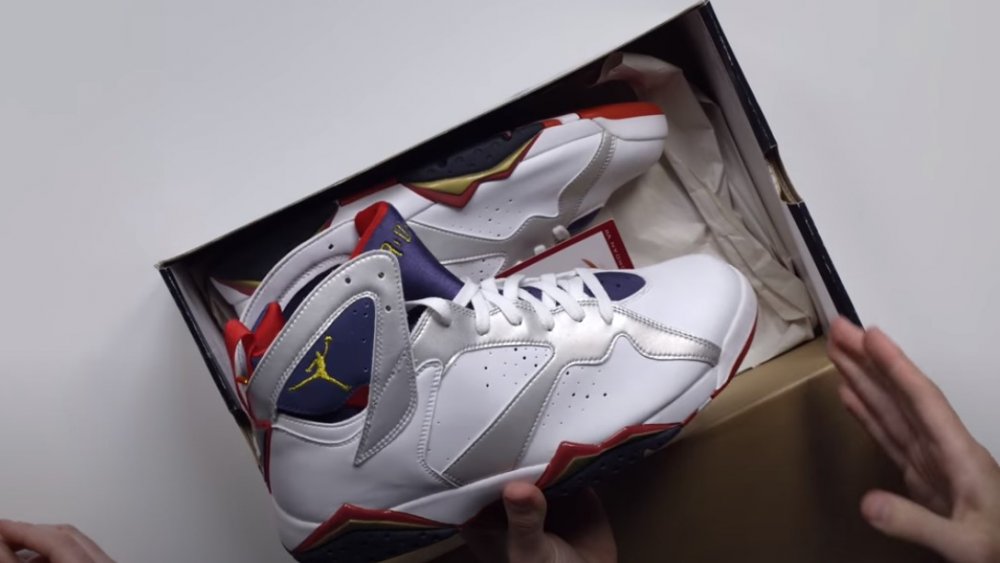
Why Are Air Jordan Sneakers So Expensive?
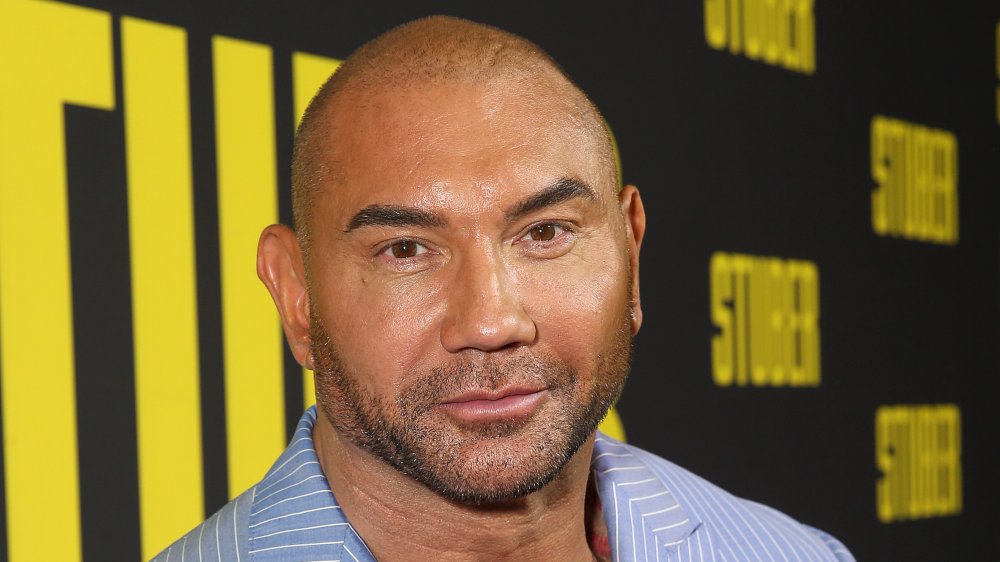
The Real Reason Dave Bautista Left The WWE

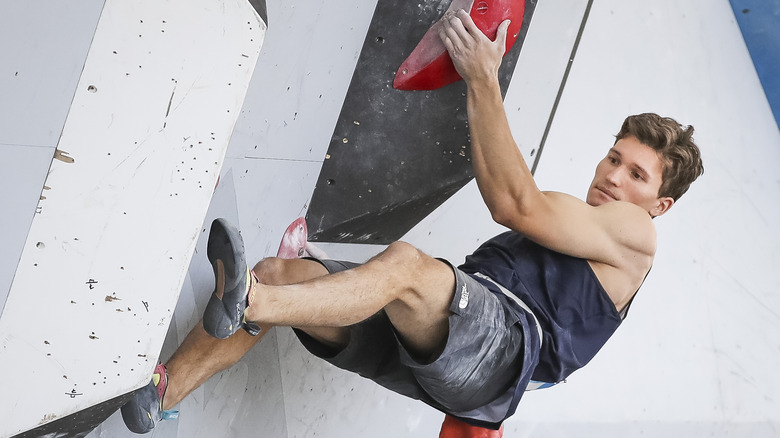

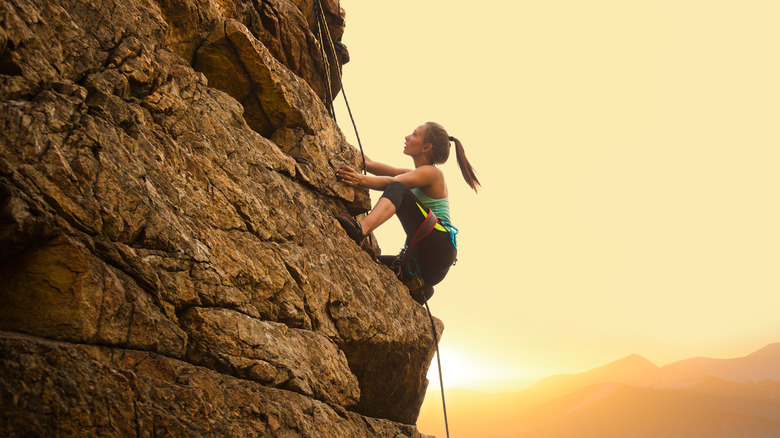
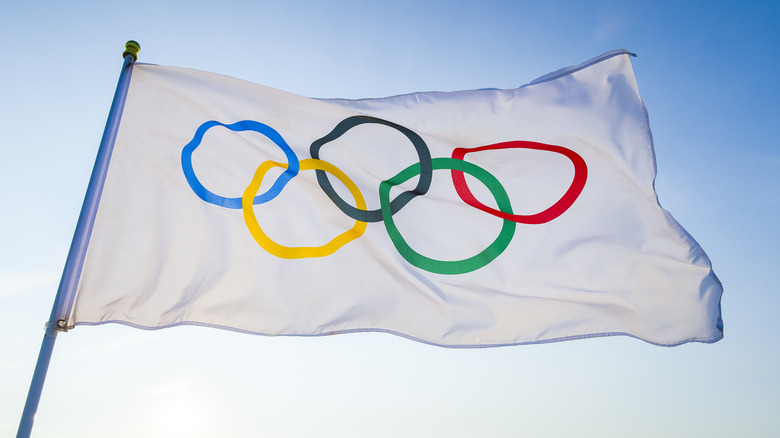



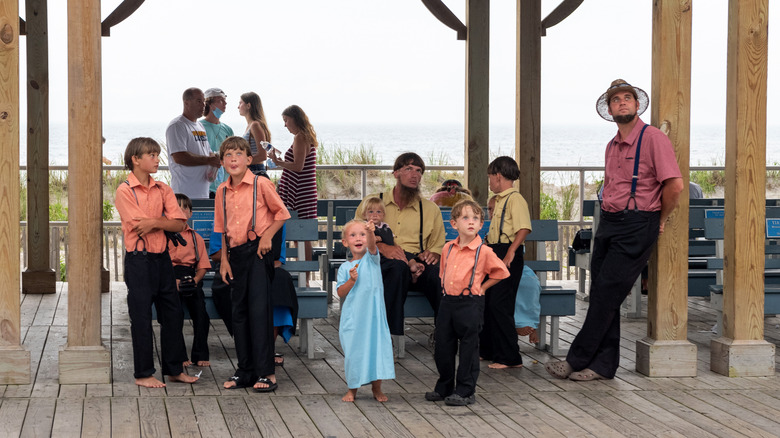








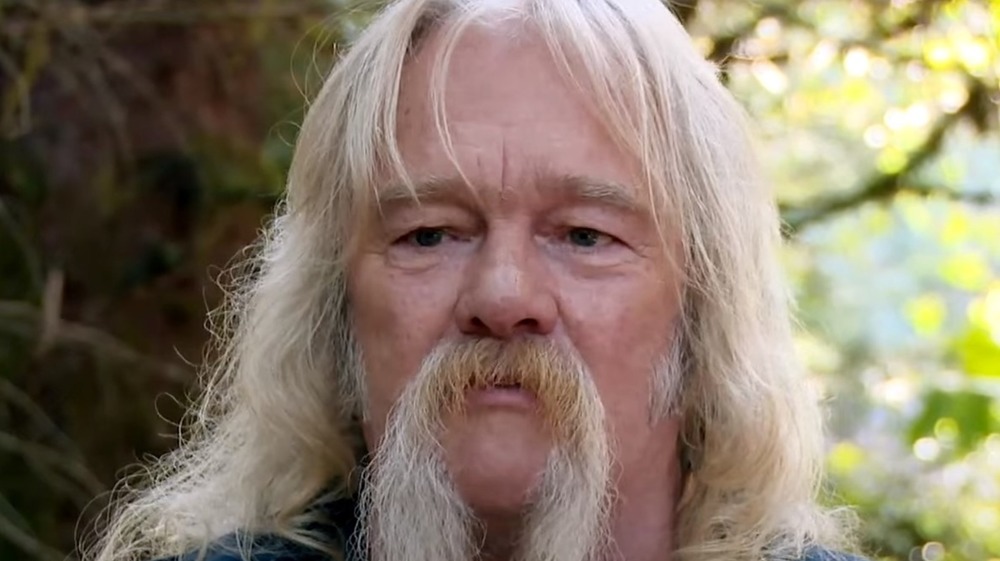


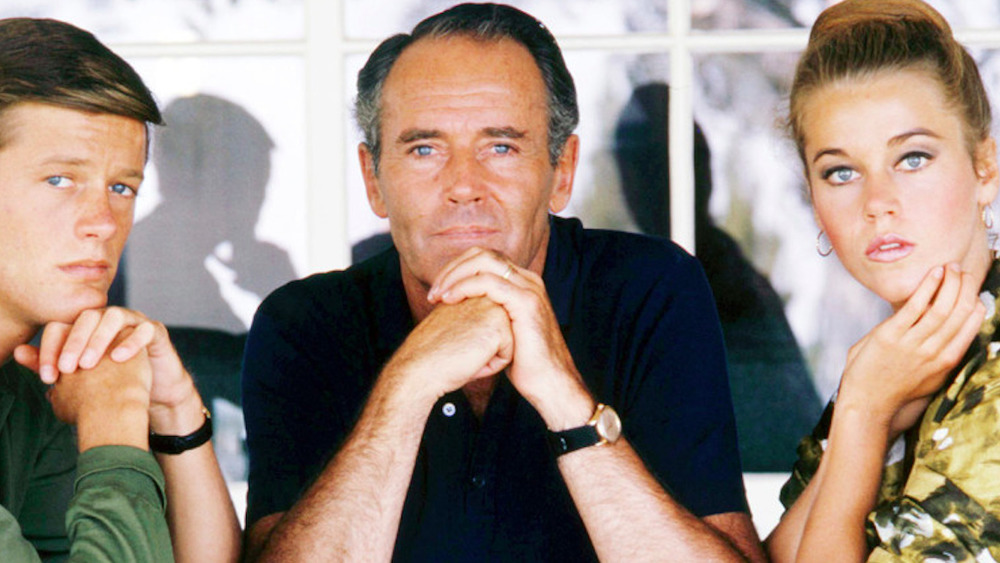

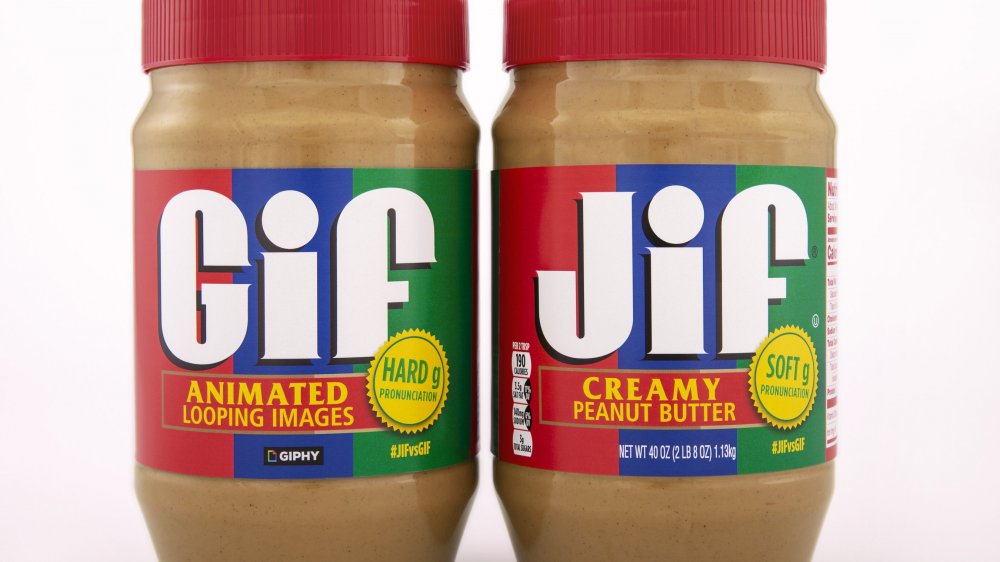

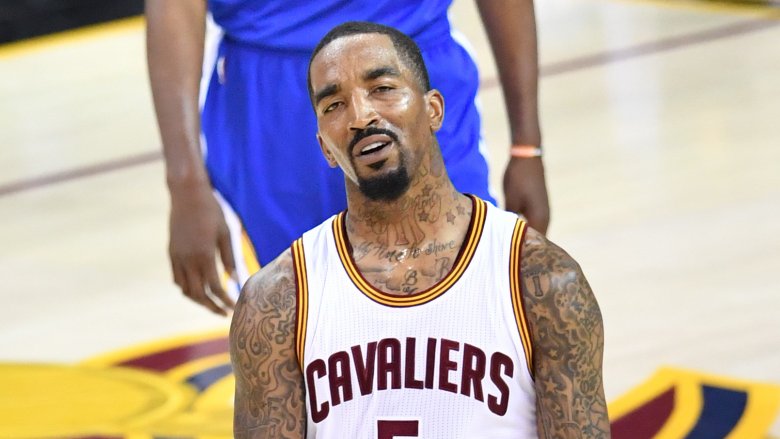



Je suis ravi d’avoir trouvé ce site internet sur Bing, juste ce que je cherchais et j’ai naturellement enregistré en favori. J’aime votre site web, mais vous devez jeter un coup d’œil à l’orthographe de plusieurs de vos publications. Certains sont truffés de fautes d’orthographe et cela me dérange beaucoup de dire la vérité, mais je reviendrai sûrement.